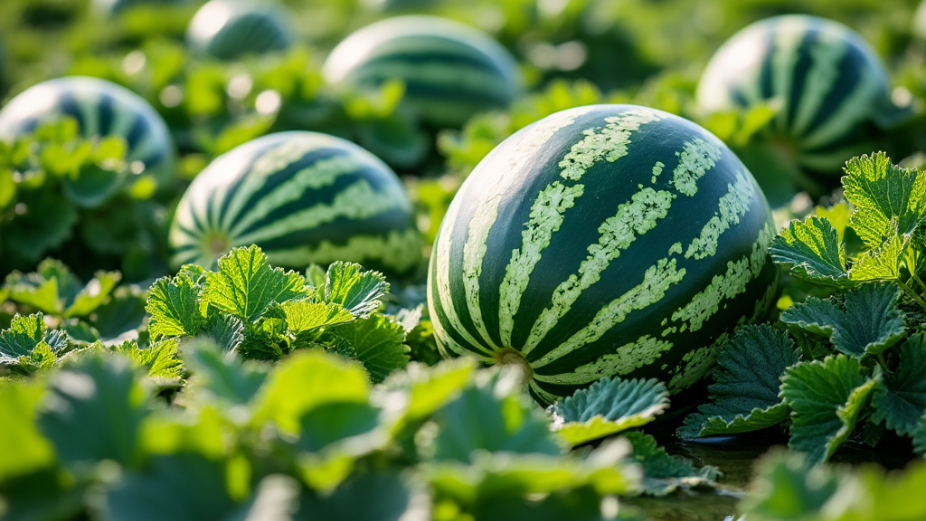
The government has launched a series of initiatives aimed at promoting the export of farmers’ produce to markets at more affordable prices, as part of a broader strategy to reduce reliance on imported food. With most fruits and vegetables currently imported, the Maldivian market faces higher prices compared to other countries, despite the variety of crops grown across the nation. Farmers, however, continue to face significant challenges in transporting their produce to urban centres, particularly the capital, Malé City.
In response to these challenges, the government has begun exploring ways to facilitate the sale of farmers’ products at lower prices. The Ministry of Agriculture and Animal Welfare, in collaboration with the Ministry of Transport and Civil Aviation, has been engaging in discussions to develop solutions. One proposal under consideration involves using air cargo to transport farmers’ goods, which could help reduce transit times and improve access to markets.
However, Minister of Agriculture and Animal Welfare, Dr Aishath Rameela, has highlighted that simply providing air transport for farmers’ produce will not fully resolve the issue. She noted the additional costs involved in moving goods from the islands to the flight departure points, underscoring the need for comprehensive discussions with stakeholders to find a sustainable, long-term solution.
The government’s objective is to lower the prices of locally produced crops by reducing transportation costs, benefiting both consumers and farmers. Lower costs could lead to more competitive pricing in the market, enhancing profitability for farmers while providing more affordable produce to the public.
Efforts to reduce food imports are being bolstered by initiatives to promote domestic agriculture. To this end, 200 hectares of land in Uthuru Thila Falhu (UTF) have been designated for agricultural use, with plans to cultivate crops that are currently imported. Furthermore, the government is expanding support for local farmers through increased agricultural loans, technical assistance, and resources for those interested in pursuing farming.
These measures reflect the government’s commitment to strengthening the local agricultural sector, reducing import dependency, and ensuring more affordable food prices for Maldivians. The ongoing engagement with relevant parties aims to make transportation more affordable and efficient, creating a more robust and sustainable agricultural economy in the Maldives.












